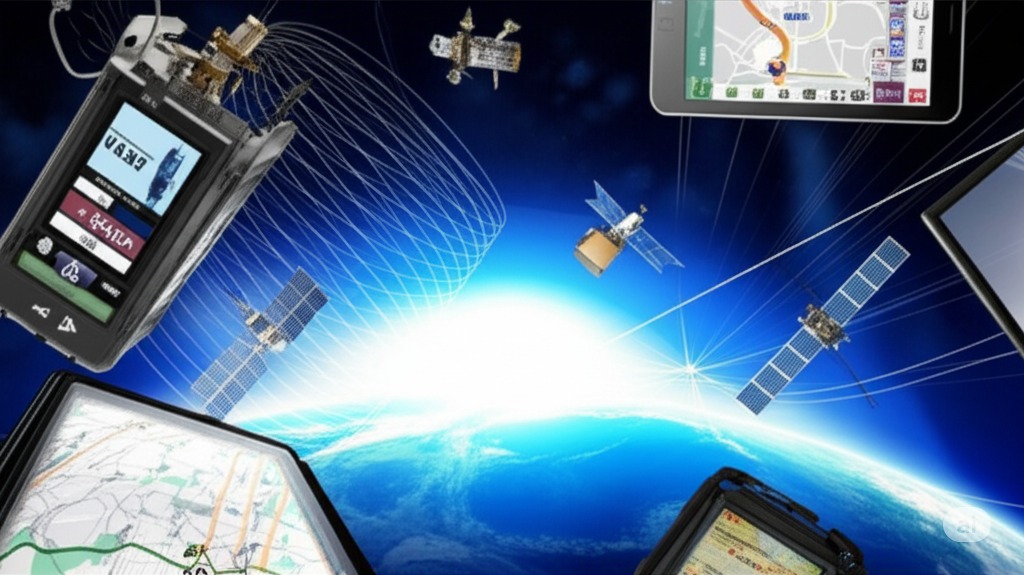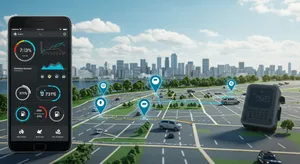Core GPS Tracking Capabilities
- Real-time vehicle location tracking with 30-second update intervals
- Comprehensive route monitoring and historical tracking data
- Advanced driver behavior monitoring and safety alerts
- Automated reporting and analytics with customizable dashboards
- Geofencing capabilities with entry/exit notifications
- Vehicle diagnostics integration and maintenance scheduling
- Mobile applications for field personnel and management
- Integration with existing business systems and workflows




